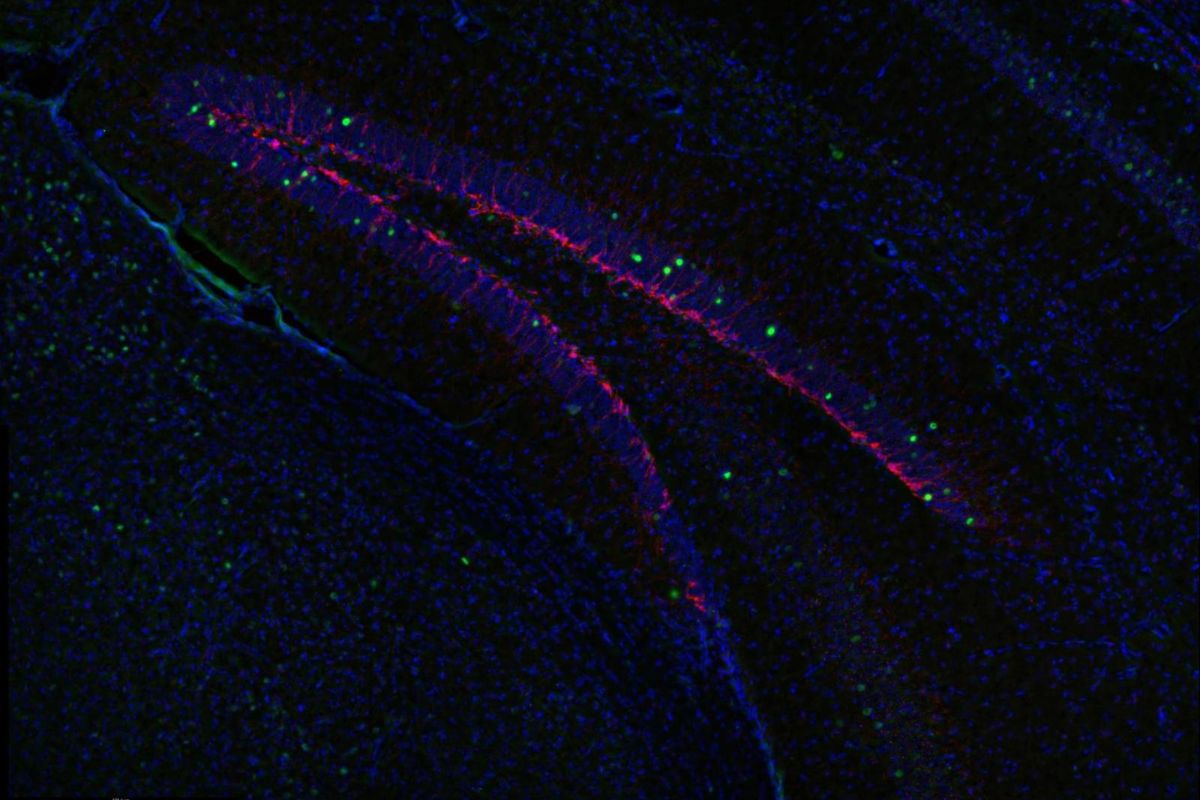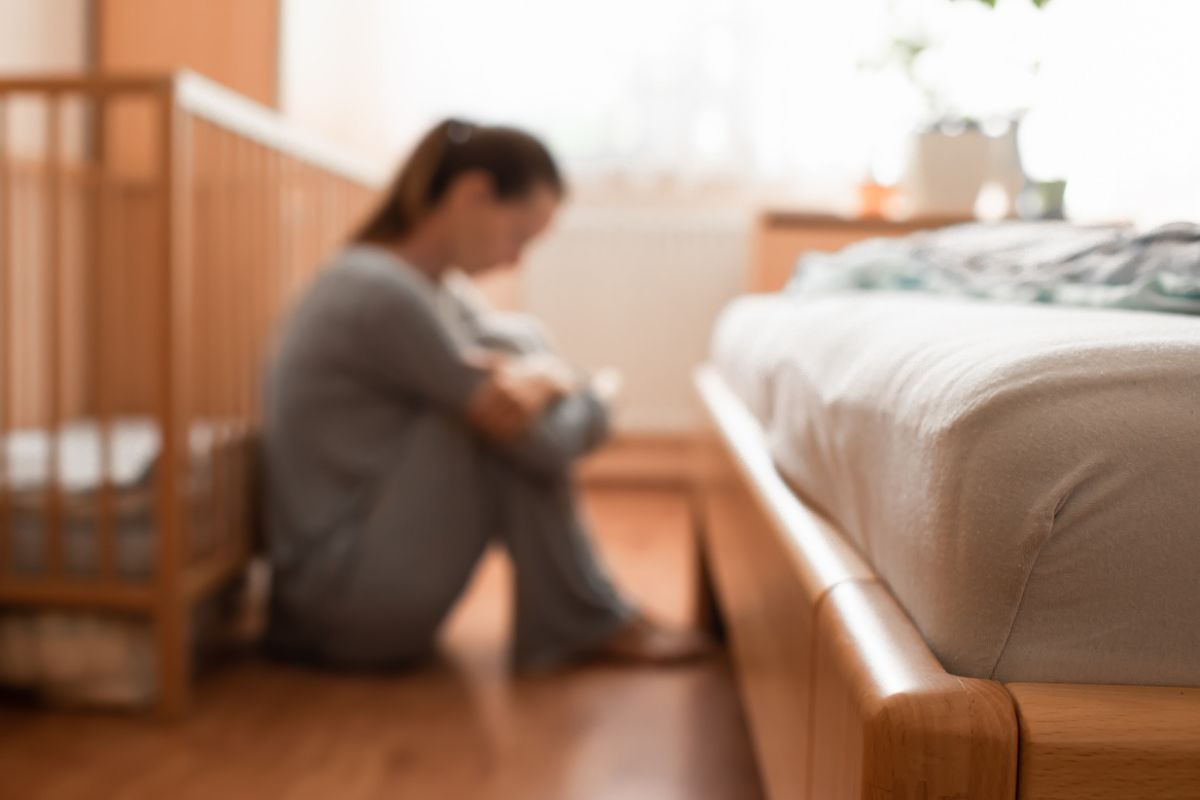Nearly one in three women with premature ovarian insufficiency (POI) report symptoms of depression, according to a new study published in Menopause. The research, led by a team at Erasmus University Medical Center in the Netherlands, takes a closer look at the emotional toll of this underreported condition.
The Dutch researchers also managed to isolate a few crucial drivers of depressive symptoms, such as a younger age at diagnosis, a distinct lack of emotional support, and fertility-related grief.
The emotional consequences of POI (premature menopause in laymen’s terms) can be debilitating. Earlier studies have shown that women with POI are more than three times as likely to suffer from depression. And they’re nearly five times more likely to suffer anxiety compared to their peers.
That being said, this paper – the authors contend – is among the first to examine the specific cause of that emotional fallout.
Methodology
The cross-sectional observational study included 345 women with POI who visited Erasmus MC’s multidisciplinary care unit between April 2020 and December 2023. Each participant completed a series of clinician- and self-reported questionnaires, including the Beck Depression Inventory-II (BDI-II), Greene Climacteric Scale (GCS), and Fertility Quality of Life (FertiQoL) tool, as well as bloodwork to assess hormone levels.
The authors noted depressive symptoms in nearly 30% of participants, with 10% scoring high enough to indicate severe depression. Notably, the use of estrogen plus progestogen therapy (EPT) – a standard treatment for menopausal symptoms – didn’t appear to stem the tide of rising depression rates.
Hormones or Heartache?
On the contrary, the data suggests that psychosocial factors appear to be a more reliable depression indicator than simple hormone levels. The research found that women with stronger menopausal symptoms were more likely to experience depression. But it wasn’t connected to the standard vasomotor symptoms, which didn’t seem to make a difference one way or another.
So what did move the needle? The researchers discovered that feelings of anxiety, fatigue, low mood, and loss of libido showed a much stronger link to depression. A lack of perceived emotional support also played an outsized role.
Another standout indicator? Women who admitted to not having someone in their lives who made them feel appreciated were much more likely to report depressive symptoms.
Fertility grief also played a significant role. Among women who completed the FertiQoL, those with lower fertility-related quality of life were dramatically more likely to admit feeling depressed.
Younger Women, Bigger Impact
Age made a huge difference. Younger women appeared to be most at risk for depression. The loss of anticipated motherhood — especially for younger women – emerged as a powerful emotional disruptor. In short, the earlier the disruption to their expected life trajectory, the bigger the emotional hit.
Notably, women whose POI had a known genetic cause seemed to be less likely to report depressive symptoms. The authors speculated that these women might have been better prepared, either because of family history or earlier counseling, and, as a result, better equipped emotionally to cope.
Broader Implications
The study’s authors argue that these findings underscore the importance of psychological support as a core part of POI care.
“The high prevalence of depressive symptoms in those with POI highlights the importance of routine screening in this vulnerable population. Although hormone therapy is recognized as the standard of care for those with POI for management of some menopause-related symptoms and preventive care, it is not first-line treatment for mood disorders,” Monica Christmas, MD, associate medical director for The Menopause Society, explained in a statement. “This was evident in this study in which there was no difference in depressive symptoms between those using hormones and those not using hormone therapy. Addressing behavioral-health concerns with evidence-based interventions should be part of any comprehensive POI care plan.”
They also call for a more comprehensive, tailored approach to care, one that goes beyond hormone replacement and blood panels to include screening for depression, open conversations about fertility loss, and strategies to strengthen social support.
Further Reading
Study Illuminates Impact of Menopause on MS Progression
Research Shows Challenges and Surprising Benefits of Aging



